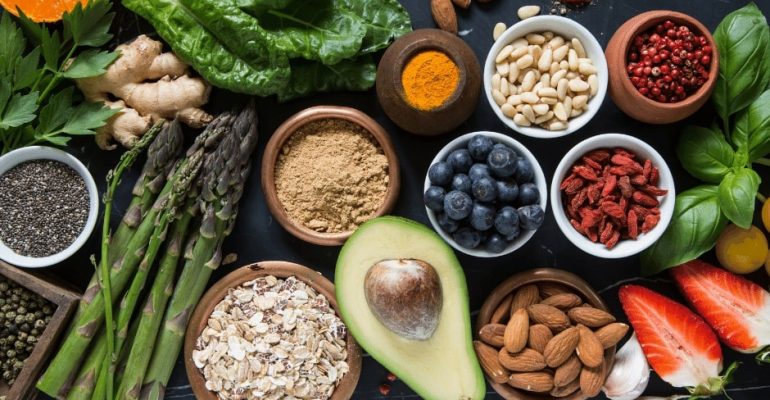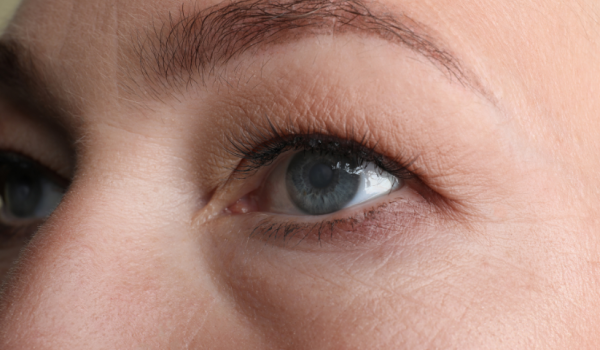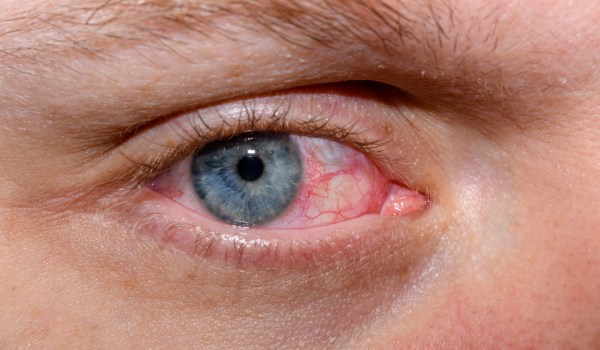Although our eyesight may naturally get worse as we age, there are also many different lifestyle factors that can affect our vision.
From eating the right foods to minimising the time we spend on our screens, there are plenty of things we can all do to improve our eyesight.
In this article, we’ll be looking at some of the best foods that we can add to our diet that have been shown to improve eye health and vision.
Here are the top 10 best foods for eye health that we can include in our diet easily and regularly:
Fish
Fish are rich in omega-3 fatty acids, which provide your body with a range of benefits. Most importantly for us is the benefits that it can have on our eye health.
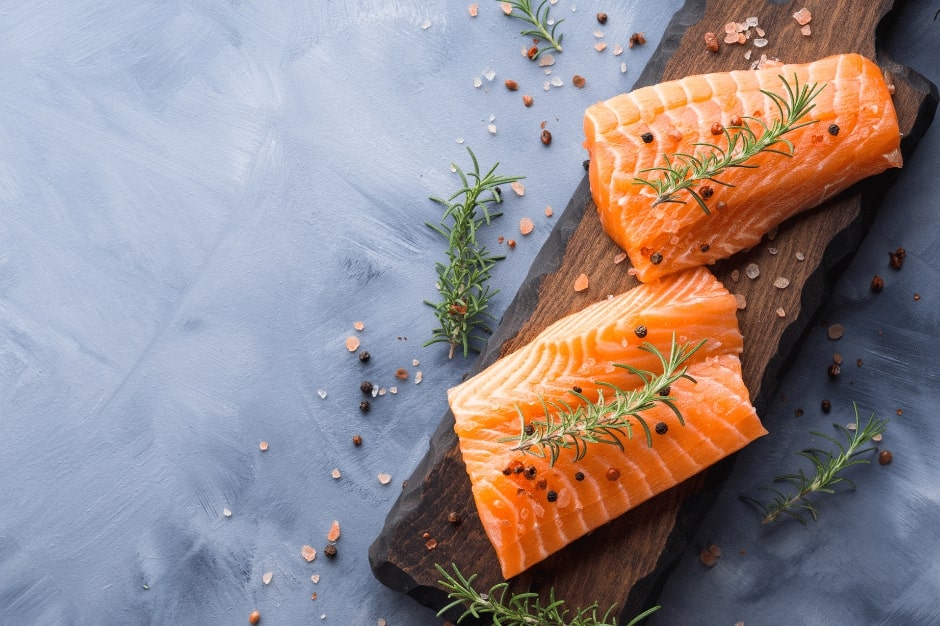
Some of the best fish that are richest in omega-3 include tuna, salmon, mackerel, sardines, and anchovies.
Raw red peppers
Peppers are one of the vegetables that contain the most vitamin C per calorie. Vitamin C is great for the blood vessels in your eyes and can lower your risk of getting cataracts.

Although you can get vitamin C supplements, it’s just as easy to get it in a range of different foods like strawberries, cauliflower and bok choy.
Seeds
Seeds are also very high in Omega-3s and vitamin E which are both beneficial for eye health.
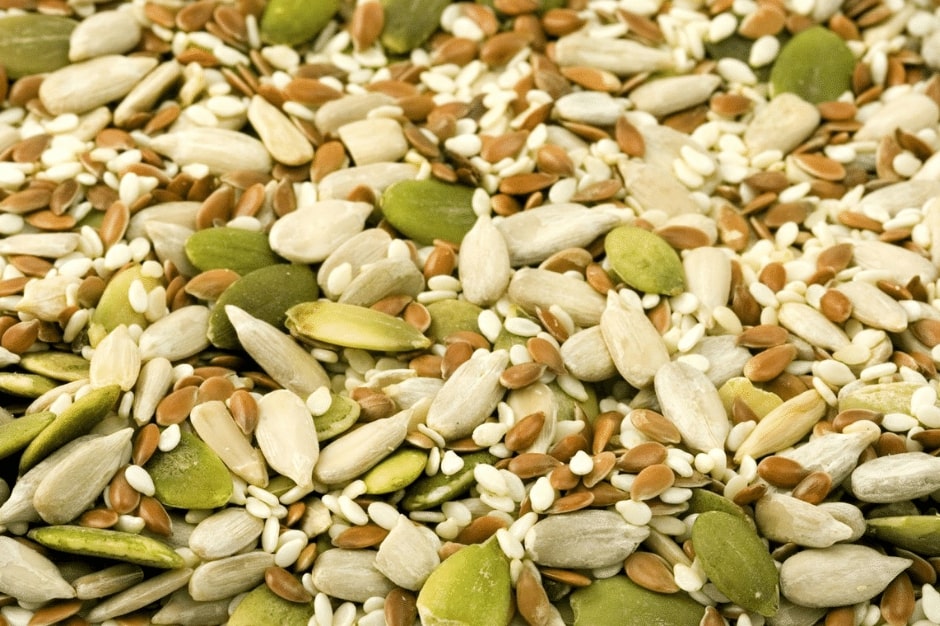
Choose seeds like chia seeds, flax seeds, or hemp seeds for the optimal amount of fatty acids and vitamins.
Dark, leafy vegetables
Dark, leafy vegetables like spinach and kale are great foods to eat to fuel your body and improve your overall health. These foods are particularly rich in antioxidants called carotenoids which are thought to reduce the risk of developing or slowing AMD (age-related macular degeneration) the most frequent cause of severe visual loss in those over the age of 55 years.
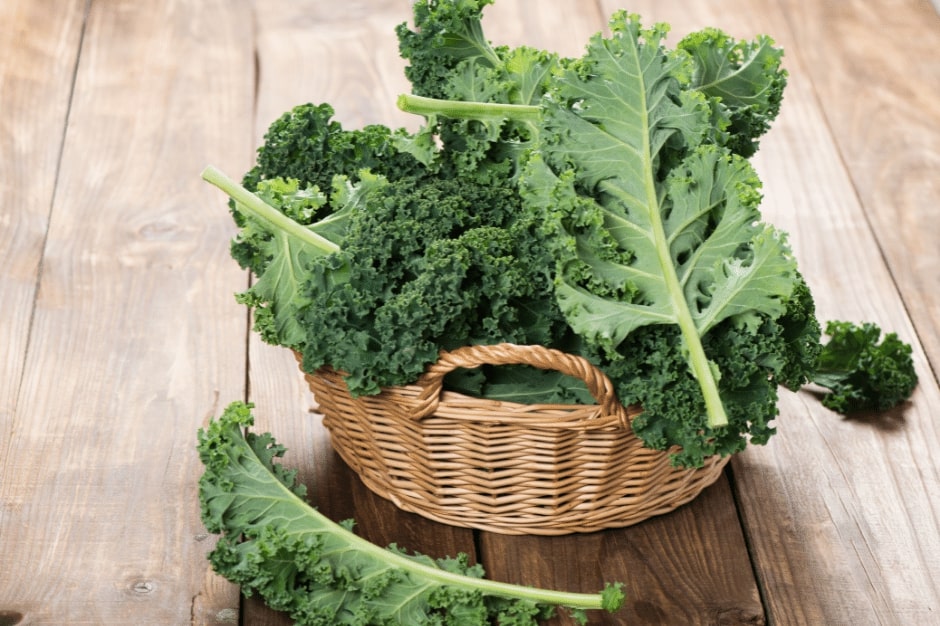
They also contain lutein and zeaxanthin which are great sources of vitamin C.
Carrots
Although they may not be able to make you see in the pitch-black, orange fruit and vegetables like carrots, sweet potatoes and mangoes are high in beta-carotene.
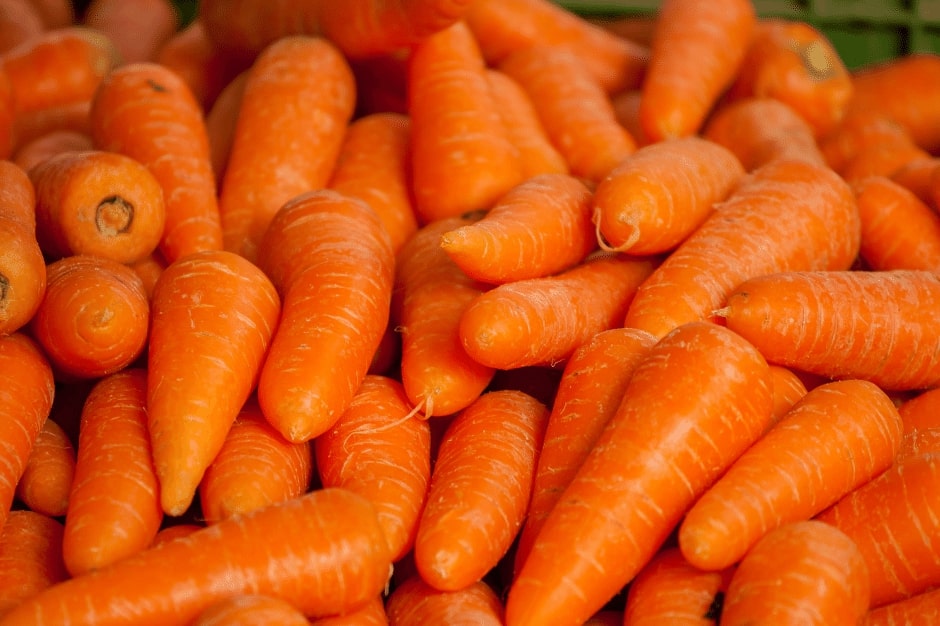
This is a type of vitamin A that can help your eyes adjust to see in the dark better – so there is truth in what we were all told as children.
Lean meat and poultry
Anything that contains high levels of Zinc is great for our diet as it brings vitamin A from your liver to your retina. Once there, it’s used to make melanin which can help to protect your eyes as well as your skin.

Although oysters have more zinc than any other foods, you can also eat beef, pork, and chicken to increase your intake of eye-friendly minerals.
Eggs
Like lean meats, eggs also contain a lot of zinc that helps your body utilise the lutein and zeaxanthin that are found in egg yolk.
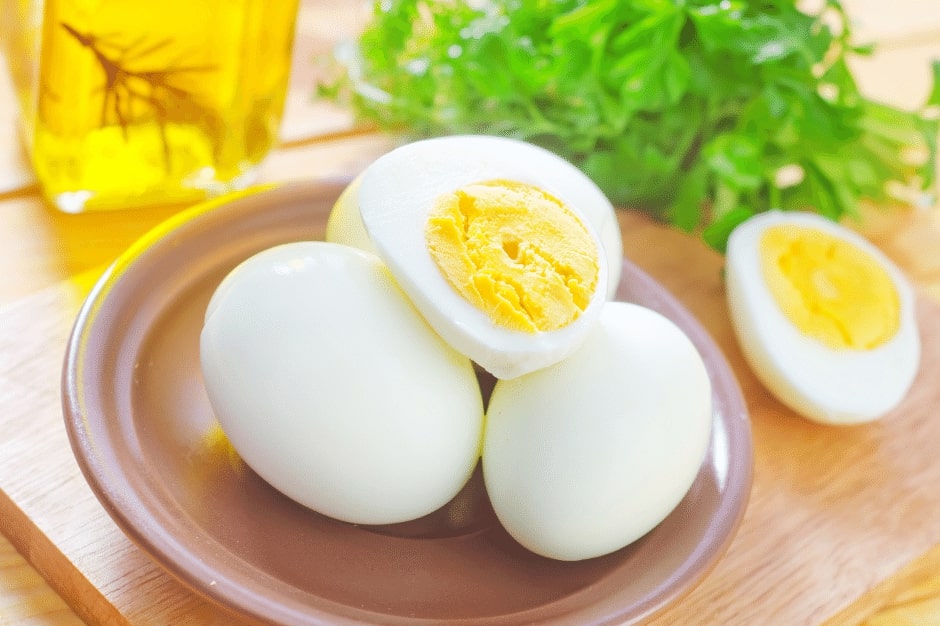
These organic compounds help your eyes block the harmful blue light that could potentially cause damage to your retina.
Broccoli and Brussels sprouts
They might not be everyone’s favourite vegetables, but you can’t argue when it comes to their nutritional benefits.
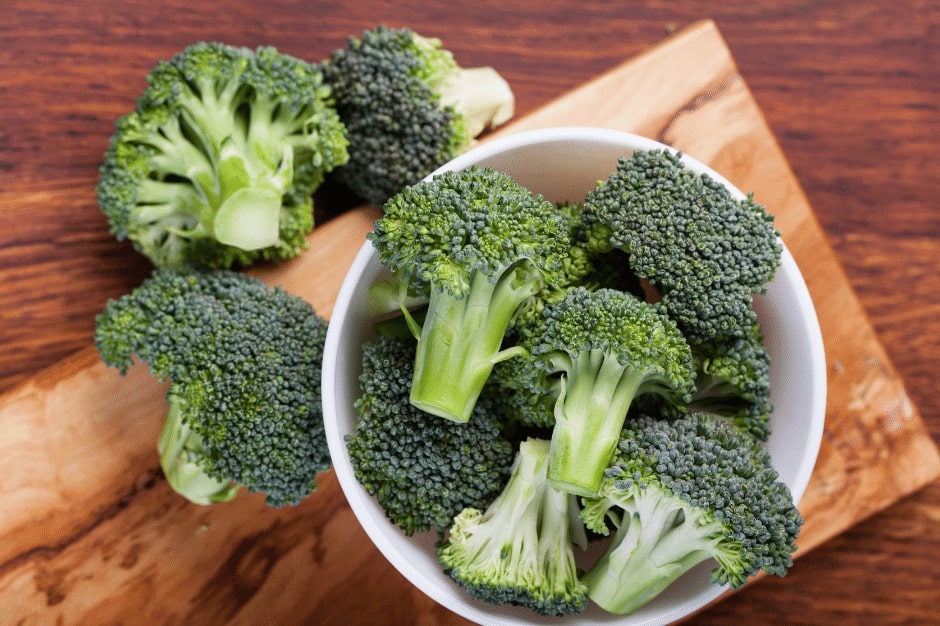
Broccoli and Brussels sprouts contain a combination of vitamin A, vitamin C, and vitamin E that help protect your eyes from free radicals.
Beans and legumes
If you’re on a vegan or vegetarian diet, the best foods to eat for your eye health include beans and legumes.
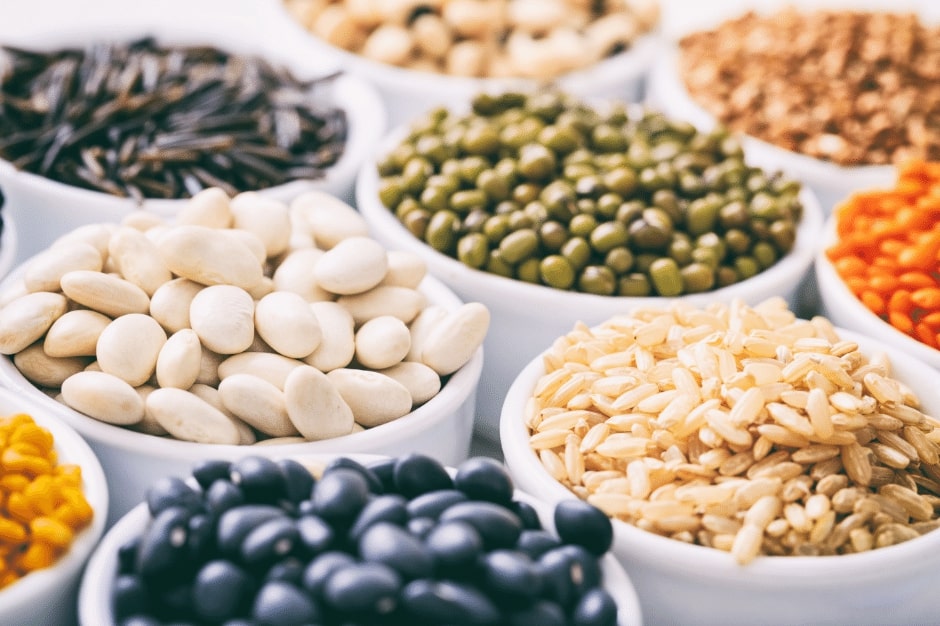
These low-fat, high-fibre foods are high in zinc and various other vitamins that can help keep your vision sharper for longer.
Water
Our final suggestion may not be food, but it’s just as important for optimal eye health as anything else we’ve mentioned on this list.
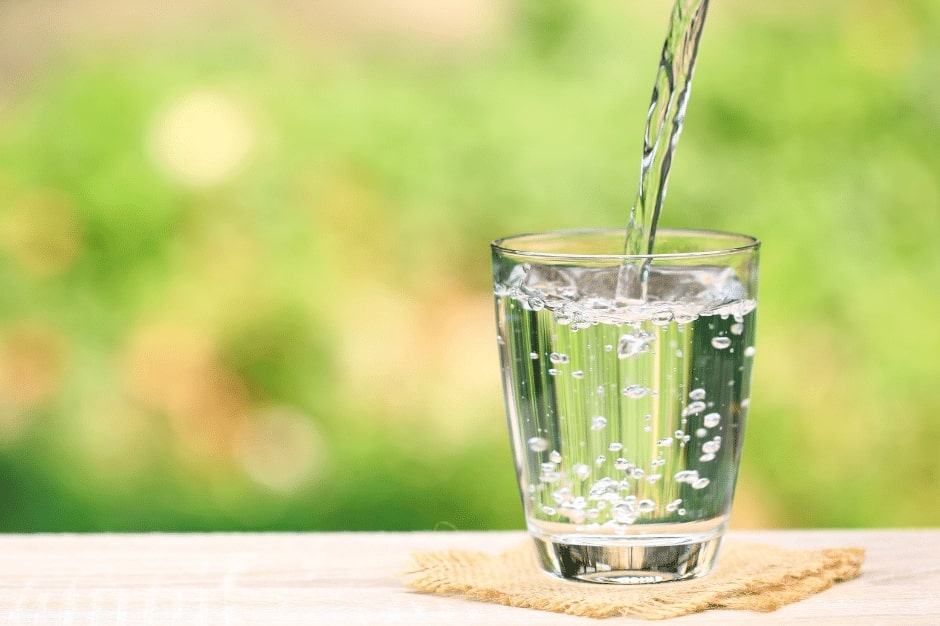
Water is an important ingredient in eye health as it can prevent dehydration and dry eyes, making them feel comfortable all day long.
Key nutritional elements for eye health
Here is a breakdown of the actual nutritional elements that are key when optimising your diet for eye health: If you want to maintain good eye health:
- vitamin C
- vitamin E
- lutein
- zeaxanthin
- zinc oxide
- copper oxide
By incorporating these nutritional elements into your diet regularly, you’re ensuring that your eyes are getting everything they need.
How much of these nutritional elements do I need for optimal eye health?
Whilst you can’t ensure that your diet is perfect all of the time, there are figures you can aim for on a daily basis that will do your eyes a lot of favours:
- 500 milligrams (mg) of vitamin C
- 400 international units of vitamin E
- 10 mg lutein
- 2 mg zeaxanthin
- 80 mg of zinc oxide
- 2 mg of copper oxide
Weekly diet example for optimal eye health
For inspiration, we’ve written an example for a weekly food plan that cover all bases for eye health:
Monday
- Breakfast: Scrambled eggs with spinach and red peppers, whole grain toast
- Lunch: Grilled chicken salad with mixed greens, carrots, and sunflower seeds
- Dinner: Baked salmon with steamed broccoli and quinoa
- Snack: Hummus with carrot sticks
Tuesday
- Breakfast: Greek yogurt with chia seeds, berries, and a drizzle of honey
- Lunch: Quinoa salad with black beans, corn, red peppers, and cilantro
- Dinner: Stir-fried tofu with broccoli, bell peppers, and brown rice
- Snack: Sliced cucumber and red peppers with a side of tzatziki
Wednesday
- Breakfast: Vegetable omelette with spinach, red peppers, and onions
- Lunch: Lentil soup with a side of mixed green salad
- Dinner: Grilled chicken breast with roasted carrots and a side of mixed greens
- Snack: Apple slices with almond butter
Thursday
- Breakfast: Smoothie with spinach, banana, chia seeds, and almond milk
- Lunch: Chickpea and vegetable stir-fry with carrots and broccoli over brown rice
- Dinner: Baked cod with steamed green beans and mashed sweet potatoes
- Snack: Handful of mixed nuts and seeds
Friday
- Breakfast: Whole grain toast with avocado, poached eggs, and a side of cherry tomatoes
- Lunch: Turkey and vegetable wrap with spinach, carrots, and red peppers
- Dinner: Beef and bean chili with a side of cornbread
- Snack: Greek yogurt with honey and a sprinkle of chia seeds
Saturday
- Breakfast: Spinach and mushroom frittata
- Lunch: Mixed bean salad with kidney beans, black beans, red peppers, and a lime vinaigrette
- Dinner: Grilled shrimp with quinoa and a side of steamed broccoli
- Snack: Baby carrots with hummus
Sunday
- Breakfast: Oatmeal topped with chia seeds, banana slices, and a dollop of almond butter
- Lunch: Grilled chicken Caesar salad with dark leafy greens and a sprinkle of sunflower seeds
- Dinner: Baked tilapia with a side of roasted Brussels sprouts and sweet potato wedges
- Snack: Sliced bell peppers with guacamole
How can you improve your eye health?
Other than by watching the foods you eat, there are a few other things you can do to improve your eye health on a daily basis:
- Wear sunglasses whenever you’re outside as excessive sun exposure can be particularly damaging
- Get a regular eye examination to check the health of your eyes – especially if you have a family history of eye disease
- Wash your hands before applying contacts, or when using your hands to remove eye makeup
- If you have to work with chemicals that could be irritating to your eyes, make sure to wear adequate protection
- Don’t wear your contact lenses for longer than you need to
- Look away from your computer every 20 minutes or so to reduce eye strain
Medical Disclaimer
This article is for information purposes only and should not be considered medical advice. If you or any other person has a medical concern, you should consult with your health care provider or seek other professional medical treatment. Never disregard professional medical advice or delay in seeking it because of something that you have read on this blog, website or in any linked materials.


